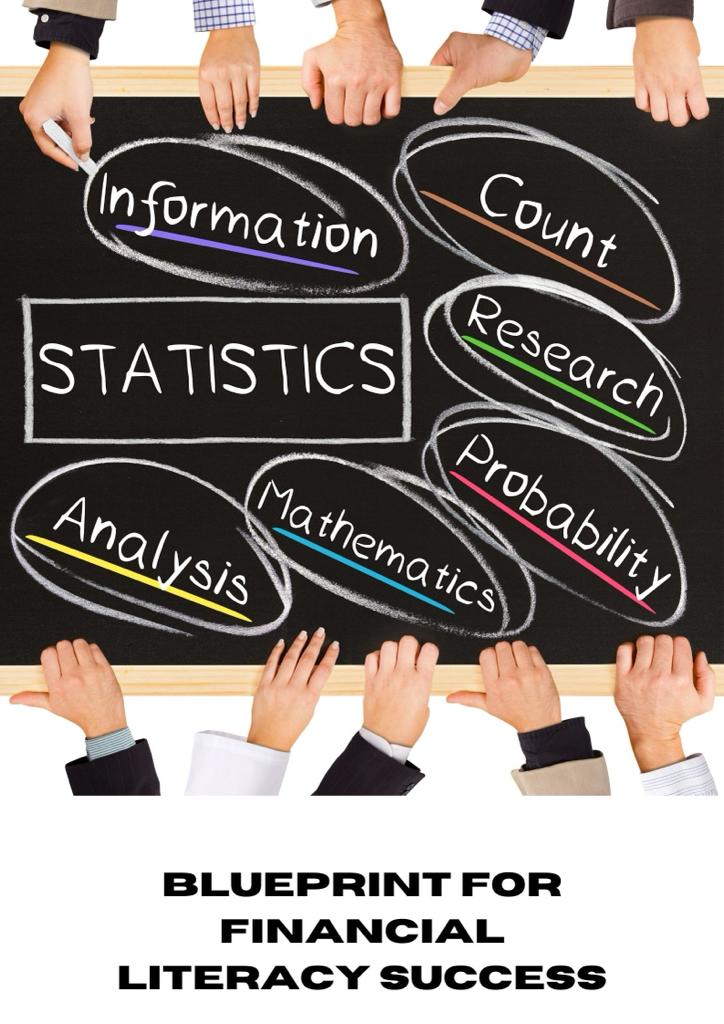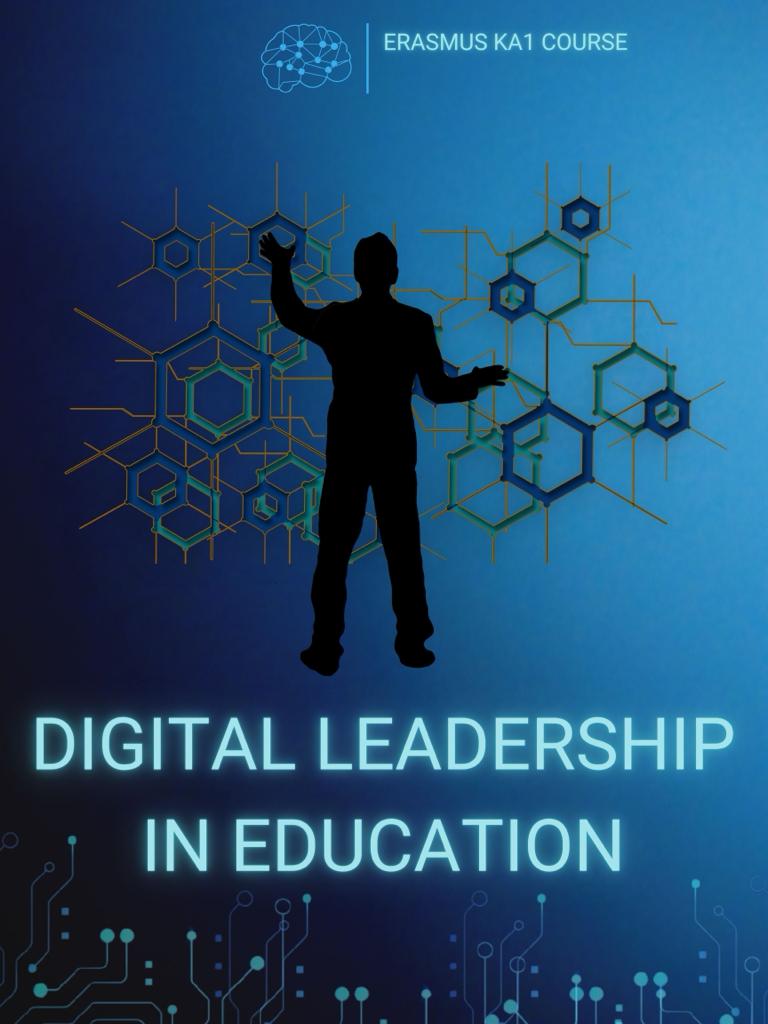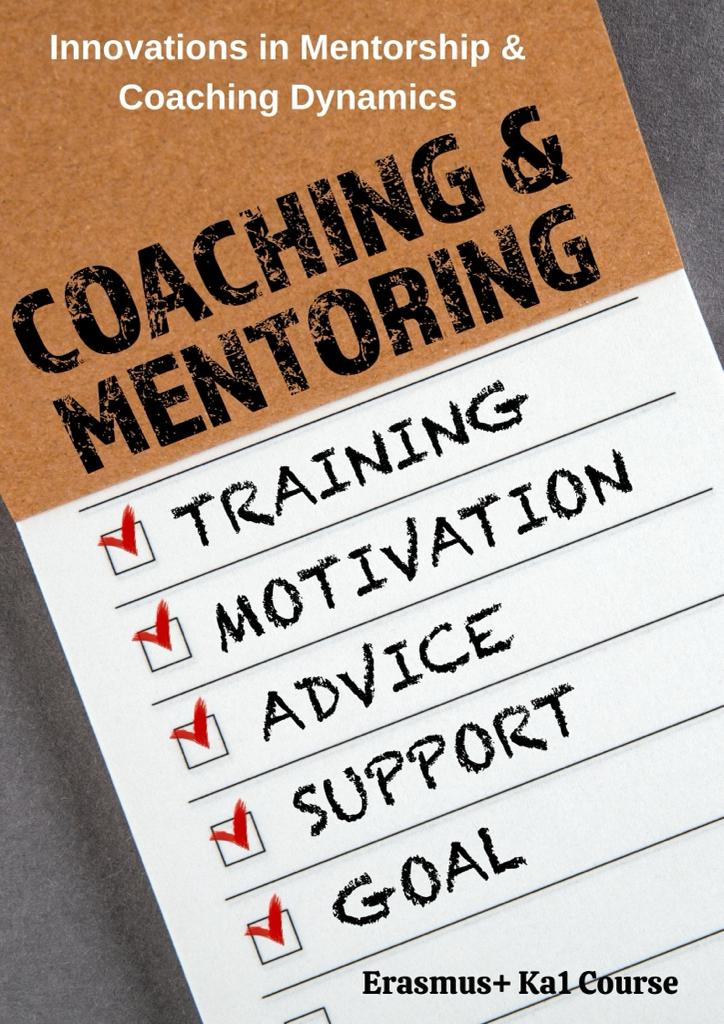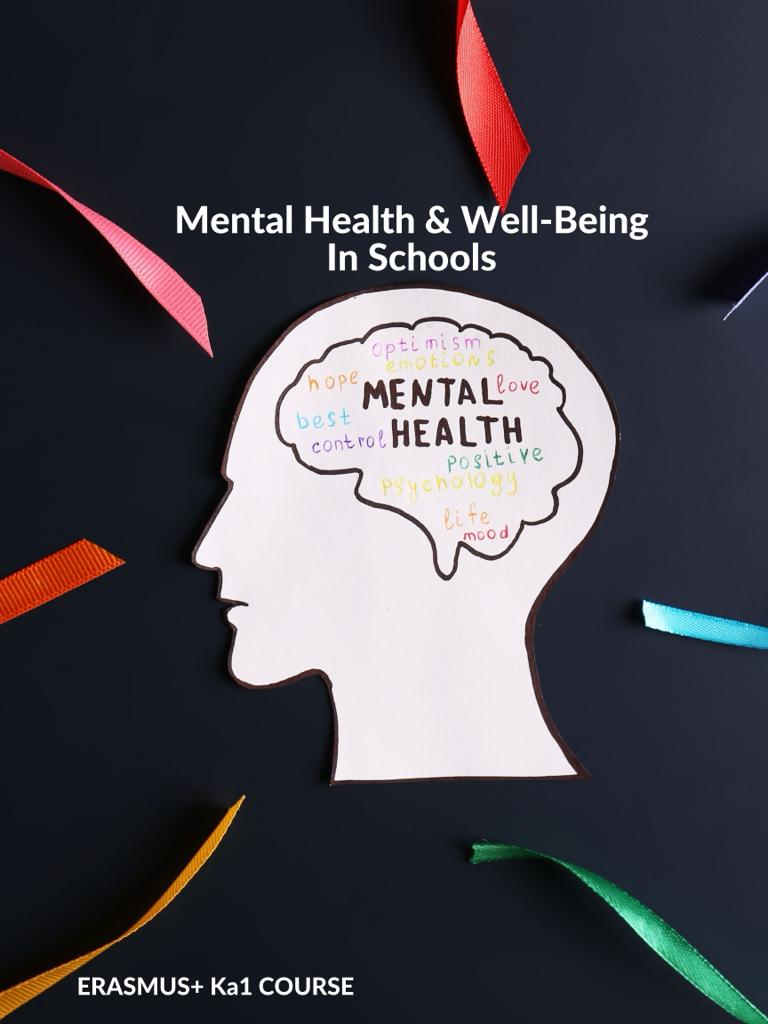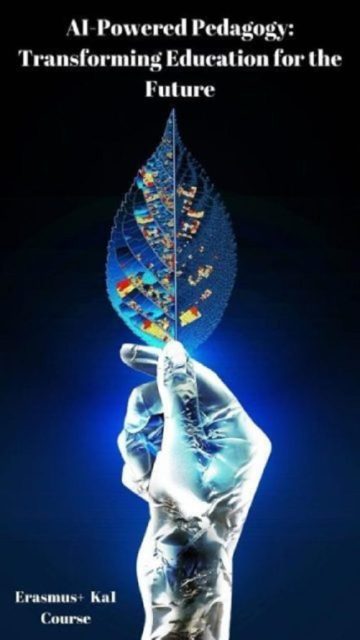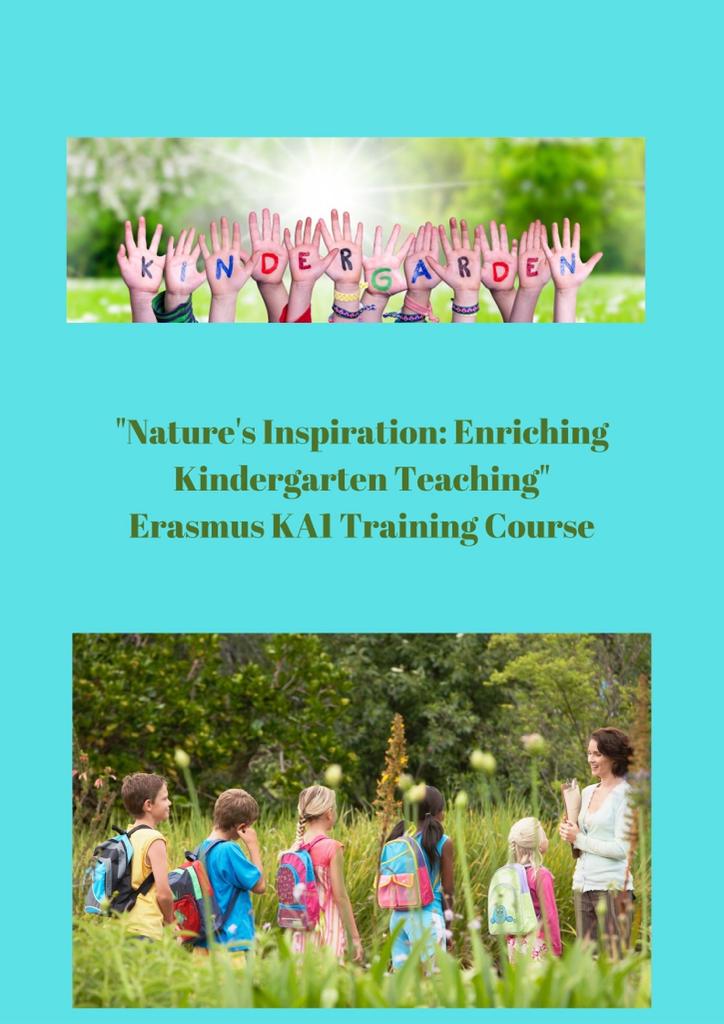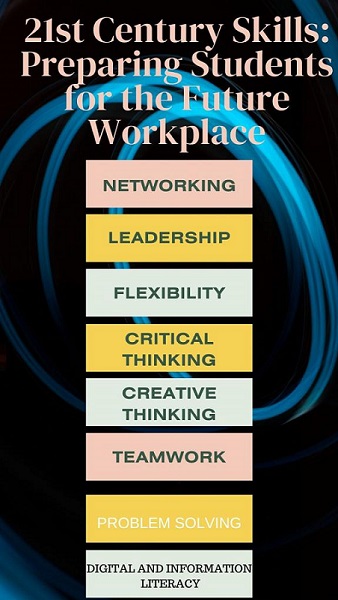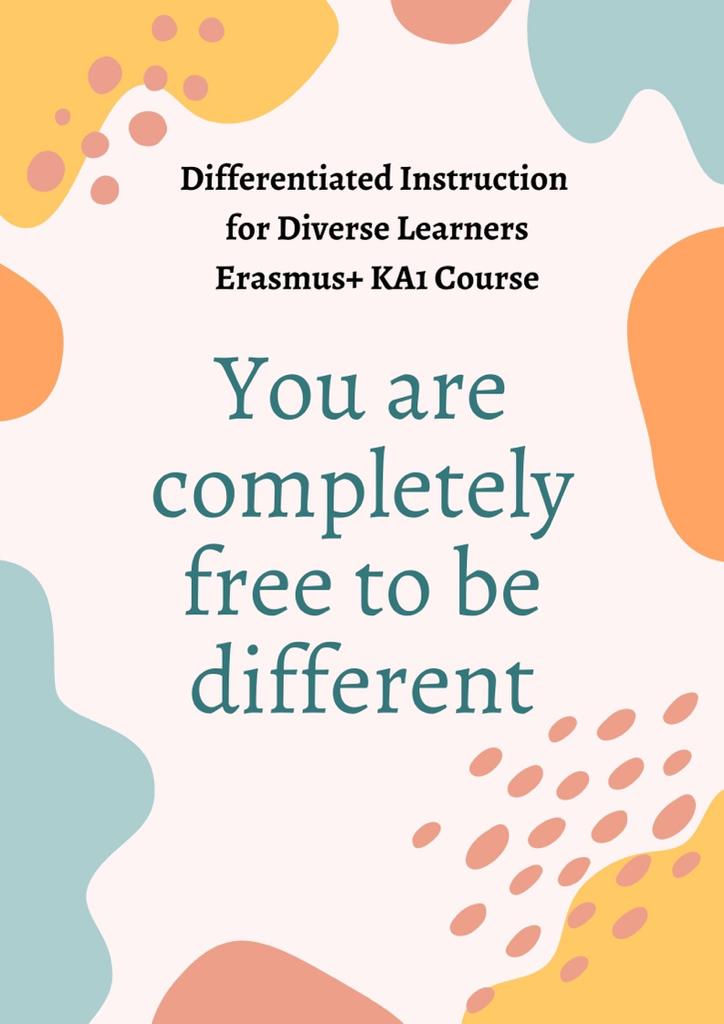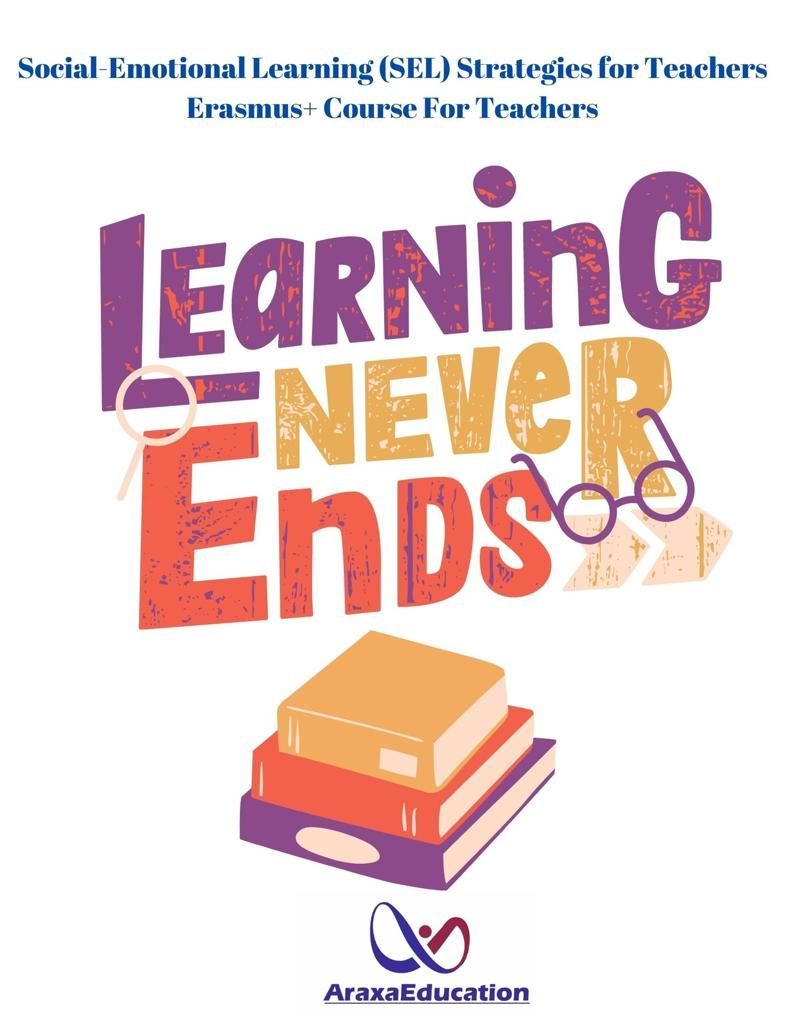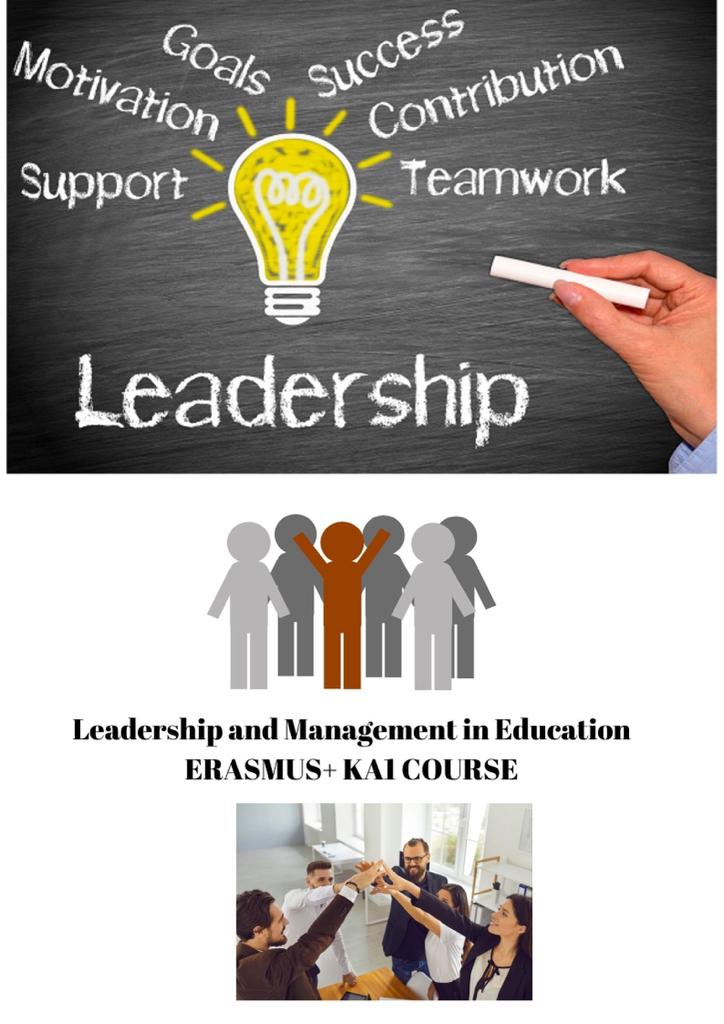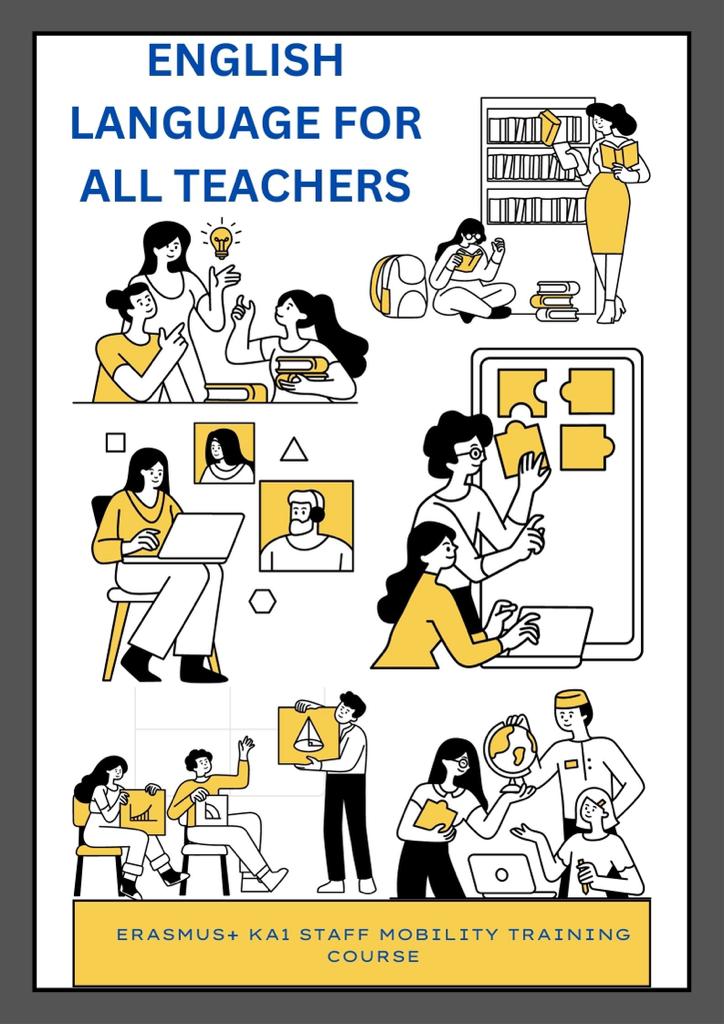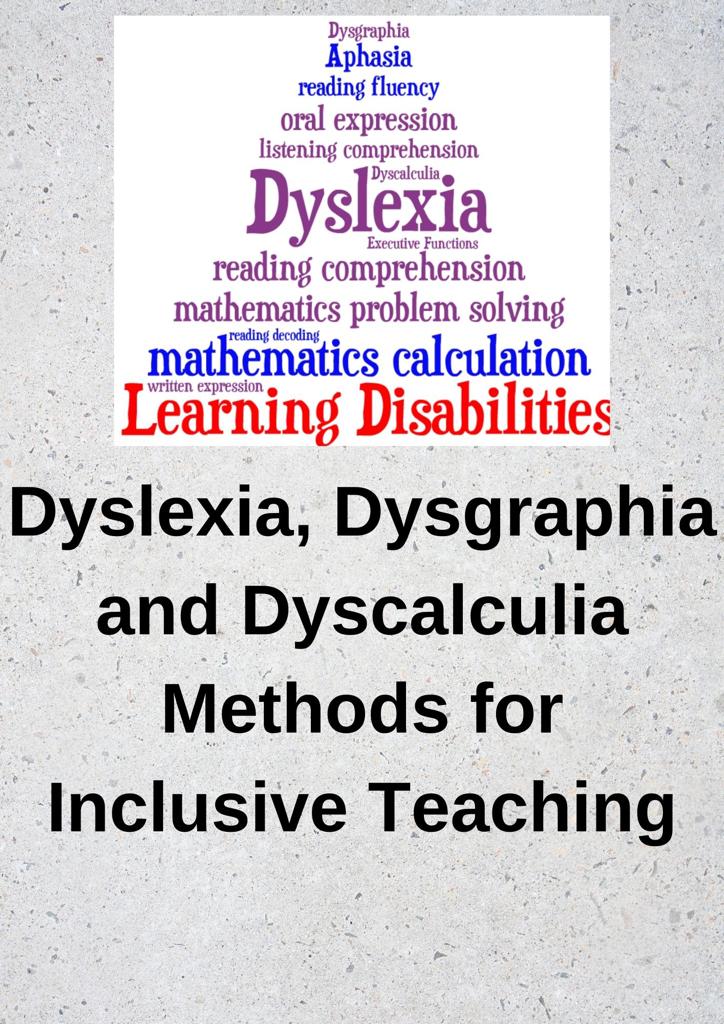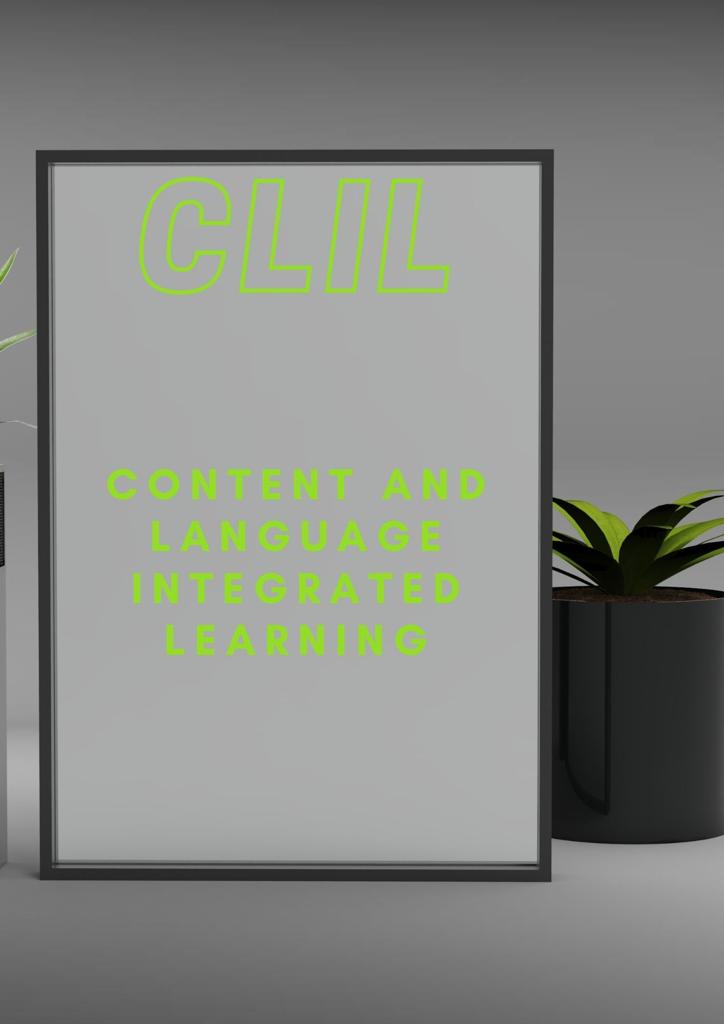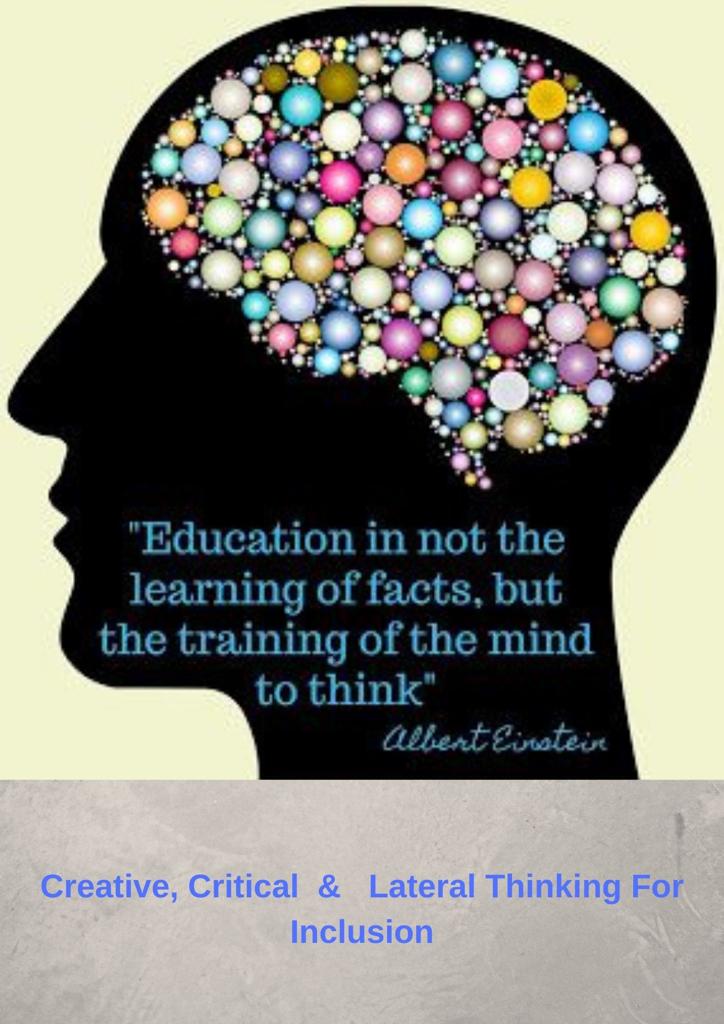| Course Description | “Blueprint for Financial Literacy Success” is an Erasmus+ Ka1 course specially crafted for educators looking to bring financial wisdom to life in their classrooms. This program goes beyond textbooks, exploring real-world applications of personal finance, budgeting, and investing. Discover engaging resources and creative teaching methods that not only make learning fun but also empower you to inspire a genuine understanding of financial literacy in your students. This course isn’t just about facts and figures; it’s about creating a lasting impact on the lives of those you teach. |
| Methodologies Of The Course | The ‘Blueprint for Financial Literacy Success’ course is designed around practical and accessible methodologies, ensuring an engaging and effective learning experience for educators. Real-world applications take center stage, with the course utilizing practical examples and case studies to illustrate financial concepts, making it easier for educators to relate these lessons to their students.
To enhance engagement, the course incorporates interactive resources such as games and hands-on activities, providing educators with tools that can be seamlessly integrated into their classrooms. A storytelling approach is employed, conveying financial concepts through relatable stories and scenarios, enabling educators to captivate their students’ attention by connecting abstract ideas to everyday life experiences. Collaborative learning is encouraged, fostering a supportive community where educators can share insights, strategies, and success stories. The course equips educators with practical teaching strategies that go beyond traditional methods, ensuring they are well-prepared to inspire genuine understanding and curiosity about financial literacy among their students.
Continuous support is provided through peer discussions, creating a community where educators can share challenges and successes and seek guidance from experts in the field. Practical application exercises are integrated into the course, allowing educators to practice implementing financial literacy concepts in simulated classroom settings, reinforcing their confidence and proficiency.
Moreover, the course emphasizes opportunities for reflection and feedback, enabling educators to assess their progress, share insights, and receive constructive feedback from peers and instructors. These comprehensive methodologies are thoughtfully crafted to cater to educators of all backgrounds, ensuring that the ‘Blueprint for Financial Literacy Success’ course is accessible, engaging, and impactful. |
|
Learning Outcomes |
Upon completion of the “Blueprint for Financial Literacy Success” program, educators will achieve the following learning outcomes:
1. Develop a comprehensive understanding of key financial literacy concepts, including personal finance, budgeting, investing, and economic principles. 2. Acquire practical skills and teaching methodologies to effectively communicate financial concepts to students using real-world applications and interactive teaching methods. 3. Learn strategies for integrating financial literacy into existing curricula across various subjects, fostering interdisciplinary connections, and creating a school-wide culture of financial literacy. 4. Explore and implement engaging teaching techniques, interactive tools, games, and simulations that make financial literacy enjoyable and relatable for students of diverse learning styles. 5. Foster a collaborative learning community by participating in workshops, group discussions, and peer reviews, enabling educators to share successful teaching strategies and overcome challenges in implementing financial literacy education. 6. Develop and refine interactive lesson plans tailored to different age groups, ensuring that educators leave with practical tools they can immediately apply in their classrooms.
7. Gain exposure to and proficiency in incorporating educational technology, gamification, and interactive resources to enhance financial literacy instruction. 8. Cultivate the ability to critically reflect on teaching practices, identify areas for improvement, and continuously refine approaches to better engage students in financial literacy education. 9. Establish a supportive network of fellow educators, creating an ongoing community for sharing insights and resources and collaborating on future initiatives related to financial literacy education. 10. Develop personalized action plans for implementing financial literacy education in their specific educational contexts, with a focus on long-term sustainability and impact. 11. Gain the knowledge and confidence to make a lasting impact on students’ financial well-being by inspiring a genuine understanding of financial literacy and preparing them for future financial success. |
| Language | English |
| Duration | 5 Days |
| Type of Certification Awarded |
|
Schedule of the activities
|
Online Meeting Program |
– Meeting with the trainer – Presentation of info pack – Q & A session
|
| Day 1 | · Icebreaker activities to foster a supportive learning environment
· Welcome and orientation to the course objectives and structure · Understanding the role of financial literacy in education · Exploring the impact of financial literacy on students’ future success · Real-world examples and case studies illustrating the practical aspects of financial literacy · Group discussions on how to relate financial concepts to students’ daily lives · Interactive activities to engage educators in applying financial concepts to real scenarios |
| Day 2 | · In-depth exploration of personal finance fundamentals: budgeting, saving, and debt management
· Strategies for simplifying financial topics for diverse student comprehension · Sharing of effective teaching methods and resources for personal finance education · Application exercises where educators develop lesson plans for teaching personal finance · Peer review and feedback on lesson plans, emphasizing practical implementation |
| Day 3 | · Demystifying investing principles and terminology
· Exploration of age-appropriate investment concepts for students · Interactive exercises to enhance understanding of investment strategies · Workshop on creating engaging and age-appropriate investment-related activities |
| Day 4 | · Introduction to various interactive teaching tools, games, and simulations for financial literacy
· Hands-on exploration of educational technology resources · Strategies for adapting interactive methods to different learning styles |
| Day 5 | · Strategies for integrating financial literacy into existing curricula across different subjects
· Group discussions on creating a school-wide culture of financial literacy · Reflecting on the week’s learning and insights gained · Closing remarks, certificates, and networking opportunities |
| Online Meeting Program | Araxa Edu supports your dissemination activities |
| PLANNED | İstanbul, Türkiye
1. 03 – 07 June, 2024 2. 15 – 19 July, 2024
Rome, Italy 1. 10 – 14 June, 2024 2. 01 – 05 July, 2024
Thessaloniki, Greece 1. 07 – 11 October, 2024 2. 04 – 08 November, 2024
Paris, France 1. 02 – 06, December, 2024
|
You can also make requests for different dates and locations when filling out the pre-registration form, aside from the planned program.
Our engaging ‘Blueprint for Financial Literacy Success’ course under the Erasmus+ KA1 offers a unique opportunity for educators to enrich their teaching practices and make a lasting impact on students’ lives. With a focus on interactive teaching methods, real-world applications, and collaborative learning, this course equips educators with the tools and strategies necessary to integrate financial literacy into their classrooms.
Join our Erasmus+ KA1 course that goes beyond traditional teaching approaches. Gain a comprehensive understanding of financial literacy concepts, develop practical skills, and create interactive lesson plans tailored to diverse learning styles. Our program emphasizes curriculum integration, technological proficiency, and collaborative networking, ensuring that educators leave with the knowledge and confidence to make a meaningful difference in the financial literacy education landscape.
The course fee is 80 euros per participant per day. This fee does not cover some expenses like accommodation, travel, etc. Costs covering enrollment fees for staff mobility format ‘Courses and training’. ( Source: Erasmus+ Program Guide)

